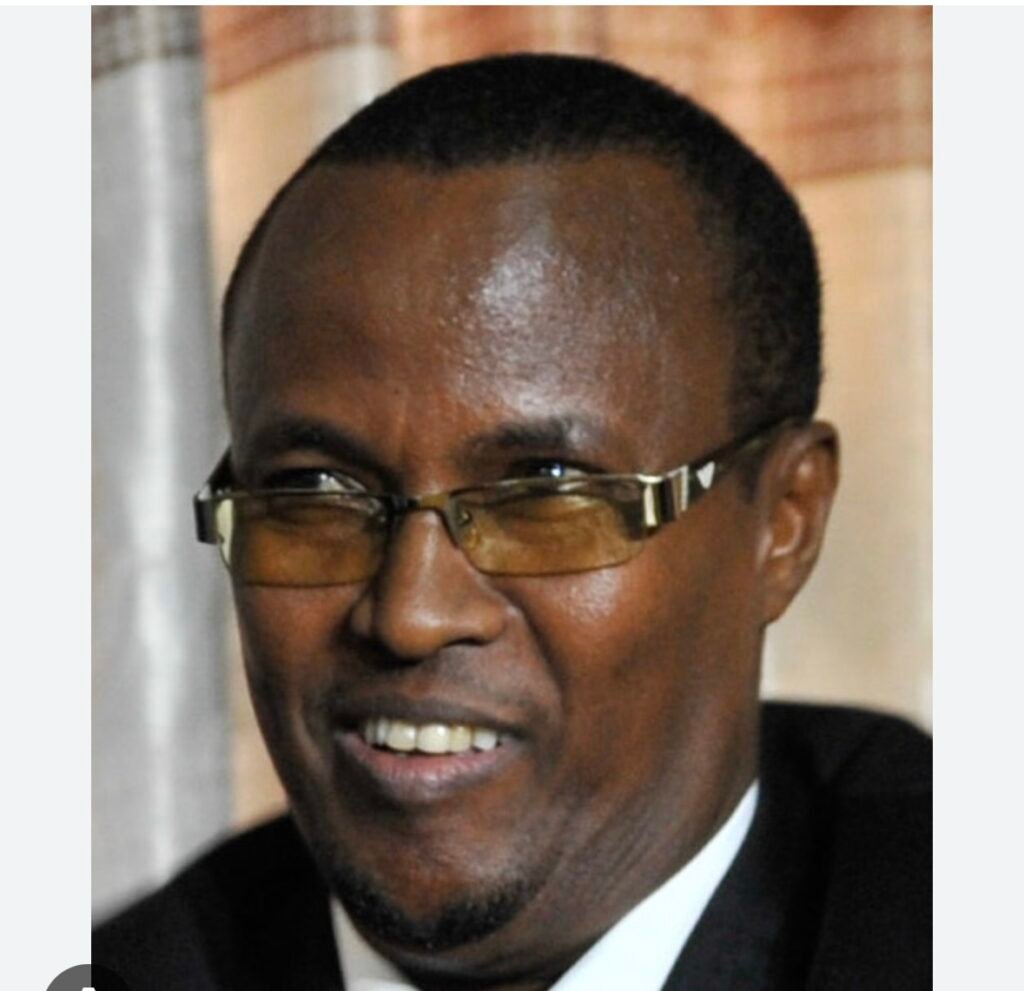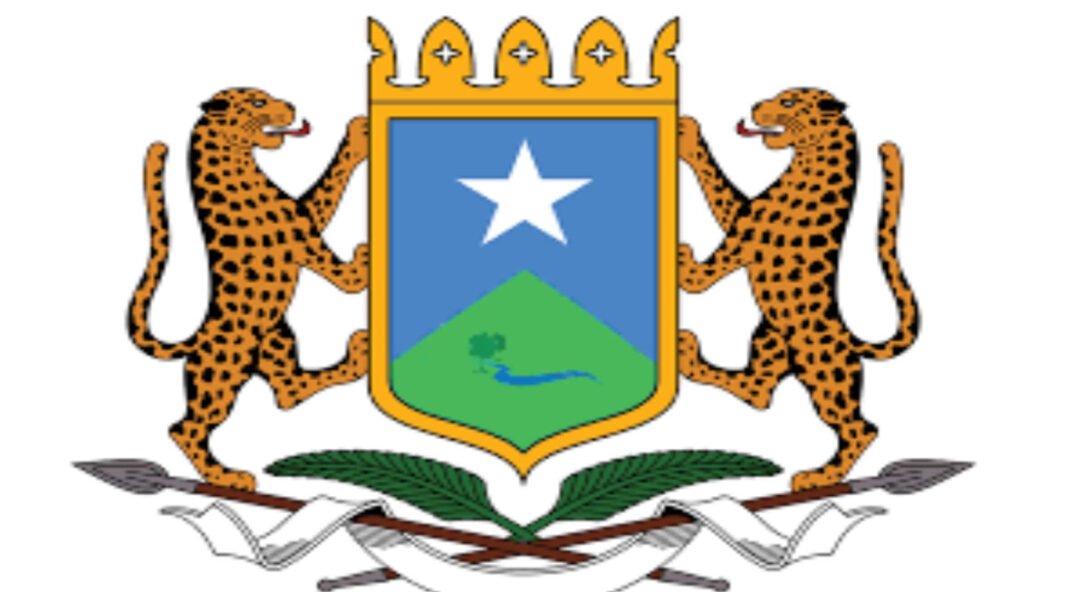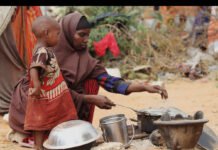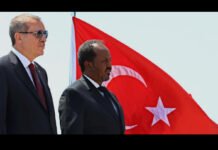Posted By Horn Africa News
Source: Hiiraanweyn Facebook Page
Somali Version
Written by Mohamed Moallim Hassan
On November 11, 2020, Ali Gudlawe Hussein was elected President of HirShabelle at the end of his predecessor’s term. Constitutionally, his mandate was supposed to expire on November 11, 2024. However, following an agreement with the Federal Government of Somalia (FGS), his tenure was extended by one year, now set to end on November 11, 2025.

During his five-year term, President Gudlawe has been the sole decision-maker, with little room for consultation or inclusive governance. Critics argue that this period was long enough for a leader with prior experience—having previously served as both Deputy President and Regional Governor in HirShabelle for seven years—to deliver meaningful results without requiring much adjustment time.
https://www.facebook.com/share/p/1755aZgP6m/?mibextid=wwXIfr
One of the administration’s biggest delays was the formation of a cabinet, which took nearly two years, only being finalized in August 2022. The cabinet was made up of 86 ministers. However, beyond these appointments, little progress has been reported in core areas of governance. Development projects were politicized, no strong state institutions were established, and the security sector remained weak.
According to reports, HirShabelle has one of the weakest performances among Somalia’s federal member states in implementing development projects. Only 13 percent of World Bank-funded programs were carried out in the region, and much of that funding reportedly went into salaries rather than long-term development. Official grants from the FGS have also been spent without clear accountability.
One of the very few notable projects is the road construction initiative in Jowhar, as well as the building of a maternal and child health center (MCH). Both projects are directly managed and funded by the FGS, bypassing HirShabelle’s administration.
On the social front, there has been no meaningful reconciliation effort. Instead, local clans are frequently pitted against each other, preventing unity and mutual trust. Those who feel marginalized often remain excluded from power and are not engaged in decision-making with dignity.
Observers say that after five years in office, President Gudlawe has had sufficient time to prove his leadership, yet the record reflects widespread disappointment. They argue that the current system has failed the people of HirShabelle and that meaningful change is needed.
Analysts suggest that the way forward must include:
• Holding elections without further extensions.
• Launching genuine reconciliation among clans and communities.
• Establishing accountable state institutions.
• Restoring public trust by moving away from clan-based politics and unaccountable governance.
Critics say: “HirShabelle is under a system where public funds and development projects are misused by a small group of individuals.
For lasting progress, the region must embrace political stability, inclusive dialogue, and structural reforms.”




